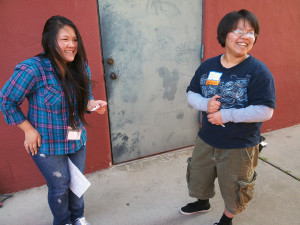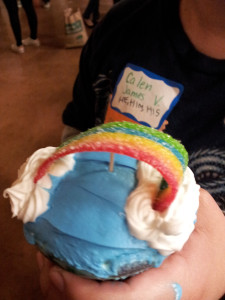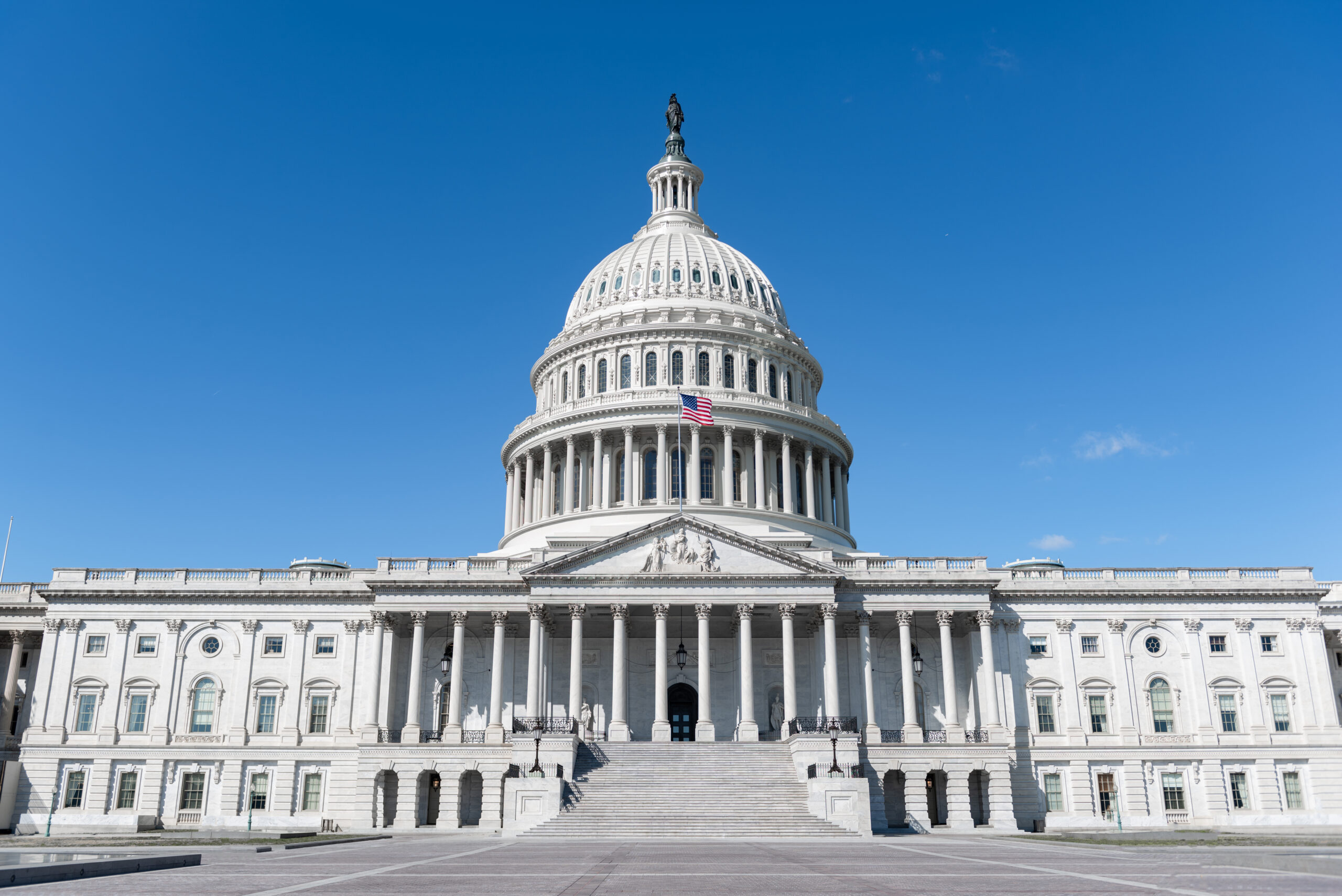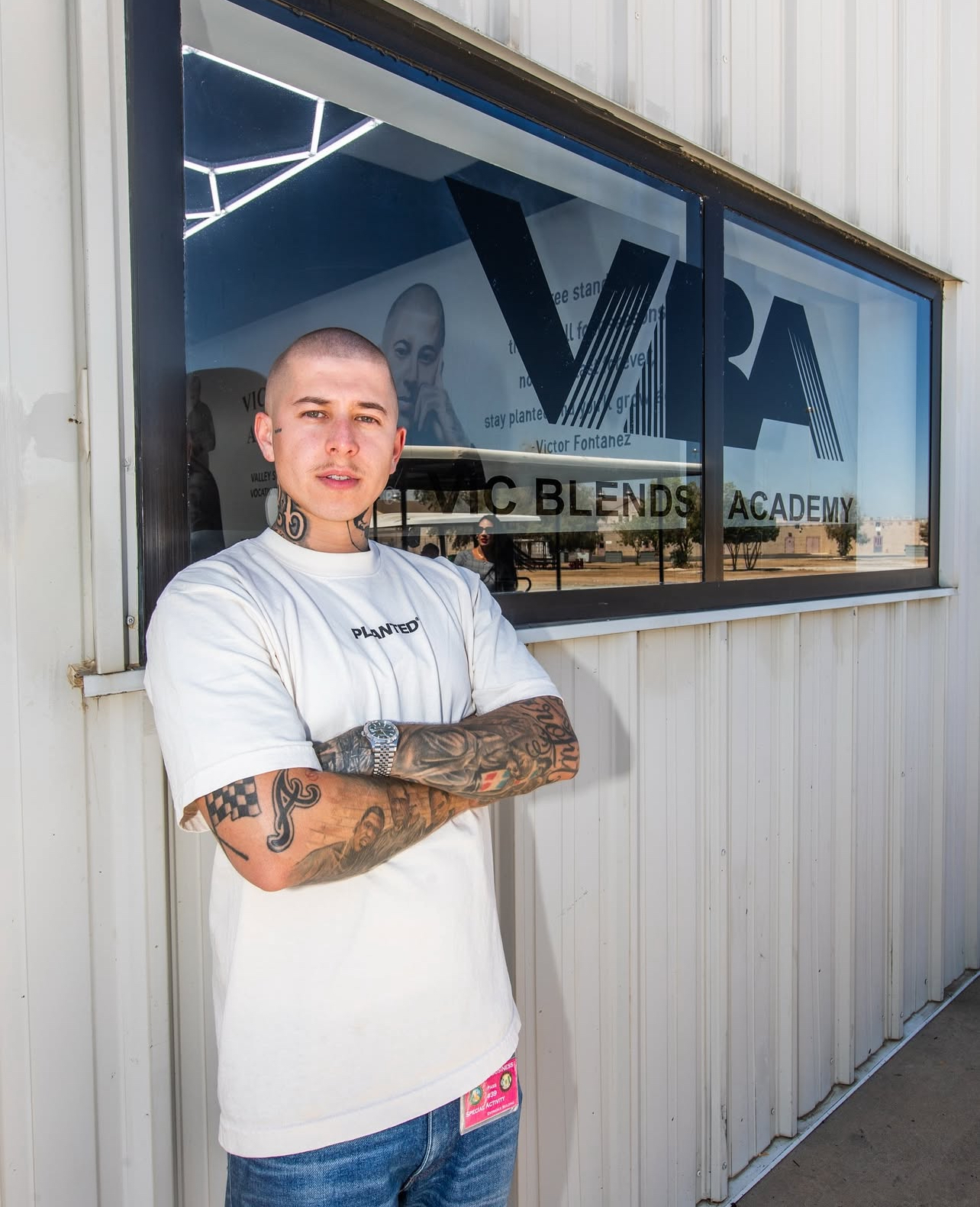Calen James, an organizer of Expression Not Supression and a board member of GSA Network, took a few minutes to share his story with The kNOw’s Christina Tran.
Christina Tran: What’s your name, age and where are you from?
Calen: I am Calen James, I am 17 and I’m from Tulare.
CT: Tell me a little about yourself.
Calen: A little about myself is I am an openly trans man. I am an activist for both mental health and queer youth.
CT: What do you do as a queer activist?
Calen: Usually, I work with the GSA Network, I’m a board member, I’m on the State Advocacy Council, and I am on the Central Valley Trainer Team.
CT: What makes you want to be a part of GSA?
Calen: I went to my first event last April and we went to Sacramento and passed these laws, passed some bills and it was really exciting. I met one of the trainers that had come to ENS before, and they were talking to me about it, but I had never come, and it had just passed by. I was excited about it, so I became a trainer. When I heard about how many people can attend, “I was like, “Cooool!””

Jerry: How is the process of being transgender going?
Calen: It’s kind of difficult, coming out and people getting your pronouns wrong, until you start transitioning hormonally. It can be difficult when you first come out, especially when it’s in high school or later on with your parents. There are kids that come out when they’re like three, they’re like, “No, I want boy toys!” You kind of aren’t out to yourself, or you are, you just don’t know what it is. It can be really hard with pronouns and with the whole process of transitioning medically and legally. It’s really difficult to get through, especially in the valley.

CT: Are there any challenges you face being a LGBTQ youth?
Calen: I do, but I usually have them taken care of. Our principal is very supportive. We don’t have any gender-neutral bathrooms, so I use the nurse’s office. I do not have P.E., but I feel for the trans students who are taking P.E. Some challenges are our GSA doesn’t have are resources, and all other the clubs have stuff, but we aren’t allowed to put on certain events because it’ll call attention or something.
CT: If it’s not too personal, have you told your friends that you’re transgender, or how have they’ve reacted when you went about telling them?
Calen: Only to some people I came out directly, and to some people, I just changed my name and my gender on Facebook, and they were like, “Oh, OK.” They just caught on. The friends that I have are really inclusive; they are activists with me – they’re not active activists, but they show a lot of support for me in the LGBT community, mental health and all that I work for. They’re all really inclusive, and actually really cool.
CT: Is there anything you think that can be done in the GSA Network to be more safe?
Calen: I think we should just … There are places that are building to create a safe space; Like Fresno and Visalia have a lot of organizations and clubs that are working on it, but I think we should still work on the underrepresented towns, like Death Valley or smaller towns like Exeter, Woodlake and Woodville and others…
CT: Is there anything that you want to do that would be good for the youth?
Calen: I want to start an organization of my own that is inclusive of all minorities and all layers. I am trying to work toward it by going to college first and getting a business degree.
CT: Where do you want to attend college?
Calen: I want to go to Humboldt or Berkley, but I have to go to COS (College of the Sequoias) first.
CT: Is there anything else you’d like to add? Anything you want to tell us about yourself, or anything about GSA or ENS that I haven’t asked you?
Calen: We tried to make these ENS classes as inclusive as possible, with the self-defense classes, the therapeutic workshop, the Gender Binary workshop, the Drag 101 and something for the GSAs that are starting out and wanting to start out. We tried to make it as inclusive as possible.
CT: In what ways do you think people can be more supportive, if they aren’t already supportive toward you?
Calen: Hmm, I think to be supportive, generally, I would say don’t just stand there. Don’t just say, “Yeah, I support you! I love gays!” Do something. I’m not saying, throw yourself at someone and be like, “That’s wrong!” Just do something. “Hey that’s wrong. You shouldn’t do that.”
CT: Speak up in what you believe in?
Calen: Yeah, speak up in what you believe in. Don’t be afraid (smiling).


